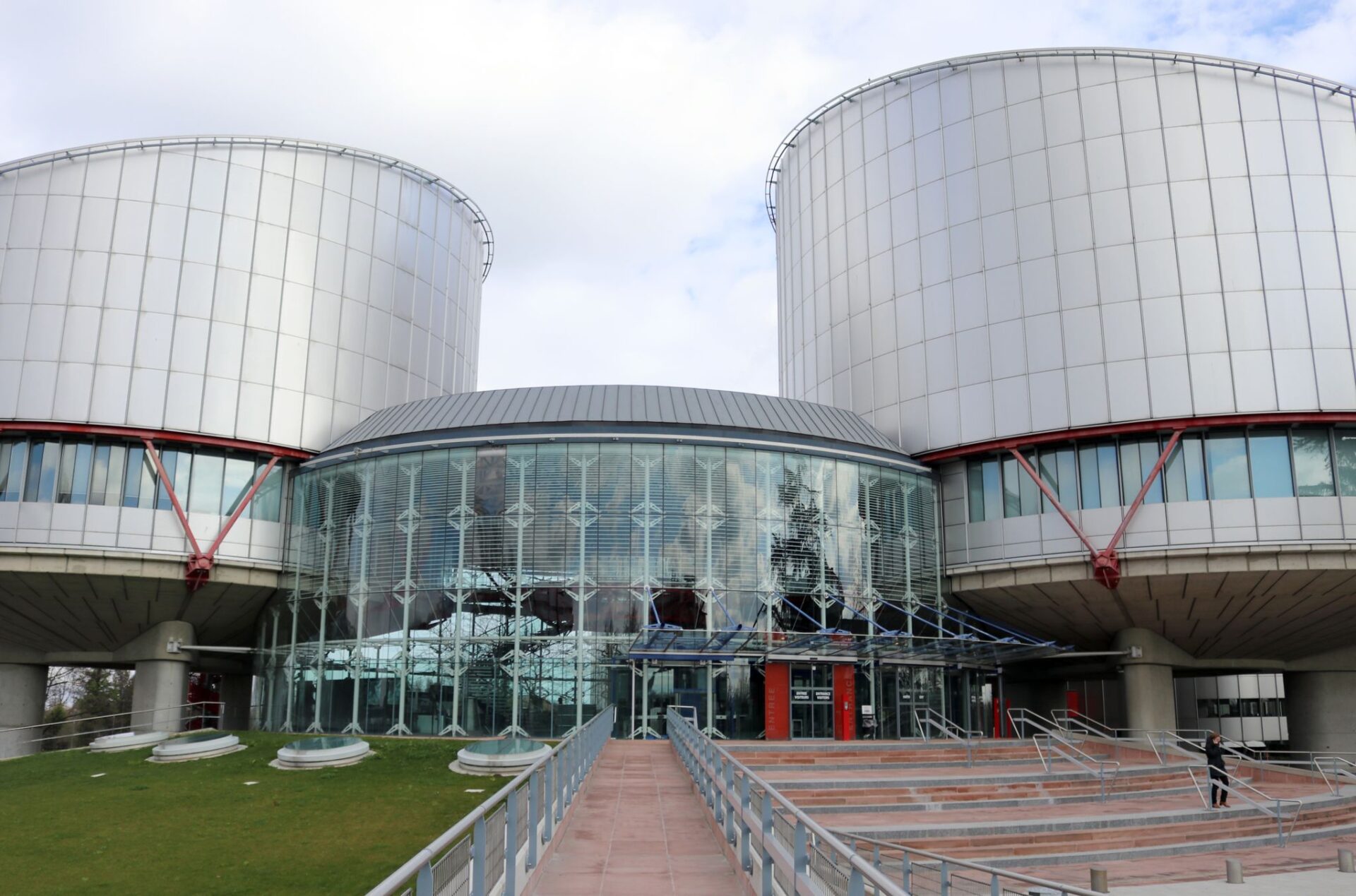“`html
Bratislava – In the case of a complainant from Slovakia who was a victim of human trafficking, the Slovak Republic failed to fulfill its obligation to conduct an effective investigation into a reasonable suspicion of human trafficking. This decision was made by the European Court of Human Rights (ECHR). The Ministry of Justice of the Slovak Republic announced this on its website on Tuesday, reported TASR.
In its judgment, the ECHR stated that the Slovak authorities did not make sufficient efforts to examine all relevant aspects of the case and did not conduct an effective investigation. The court pointed out that the complainant stated at an early stage that she had been identified in the United Kingdom as a victim of human trafficking and described in detail her transport, stay, and repatriation. According to the ECHR, the low age and social vulnerability of the complainant should have been a clear signal to the Slovak authorities that she might be a victim of human trafficking, and a more thorough investigation should have been initiated based on that.
The court set up by the Council of Europe (CoE) further criticized the length of the proceedings, which stretched from 2012 and was definitively completed only in 2021 by a decision of the Constitutional Court of the Slovak Republic. “The court acknowledged that the Slovak authorities failed to meet their obligations under Article 4 of the Convention for the Protection of Human Rights, which prohibits slavery and forced labor, and that the investigation was not sufficiently diligent,” clarified the ministry.
Based on the ECHR’s findings, the complainant was awarded compensation of 26,000 euros for non-material damage and 15,000 euros for legal costs, although she had originally requested a much higher amount.
The case concerned the investigation of a criminal offense in which the complainant was a victim of human trafficking. The complainant grew up in state care and, as an adult, was brought to the United Kingdom with the help of a third party, where she engaged in prostitution. In the United Kingdom, she managed to contact the police, who assisted her through the Salvation Army. The complainant returned to Slovakia under the International Organization for Migration (IOM) program and was included in the Slovak Catholic Charity (SKCH) program for victims of human trafficking.
The Slovak authorities initiated criminal proceedings based on a report from SKCH, classifying the crime as pandering connected with arranging prostitution. “As a result, a person who helped the complainant get to the United Kingdom and benefited from her prostitution was convicted. However, the complainant argued that the Slovak authorities did not consider that she was identified as a victim of human trafficking and that the investigation was insufficient, which prevented her from obtaining support and compensation intended for victims of human trafficking,” explained the ministry. The complainant also claimed that the investigation was conducted insensitively, requiring her to repeatedly testify about traumatizing events regardless of her health condition. (October 29)
“`
 go to the original language article
go to the original language article
